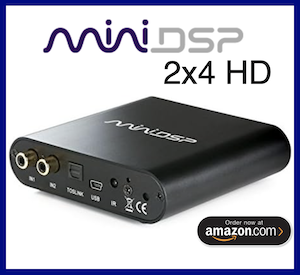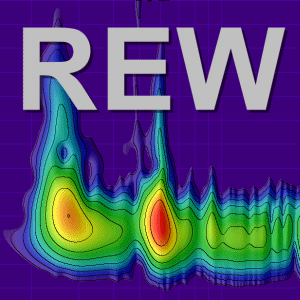Thomas1970
Registered
Thread Starter
- Joined
- Apr 4, 2018
- Posts
- 1
I'm trying to measure reverberation time in my listening room. For some reason I do not get any shown on the graphs below 63Hz. I have tried to set the Buffer size to 128k and setting the measuring length to 1M, but this do not change getting data below 63Hz in RT60. Adjusting Analysis settings also do not change anything. What shall I do to get results below 63Hz?
Thanks, Thomas
Thanks, Thomas















